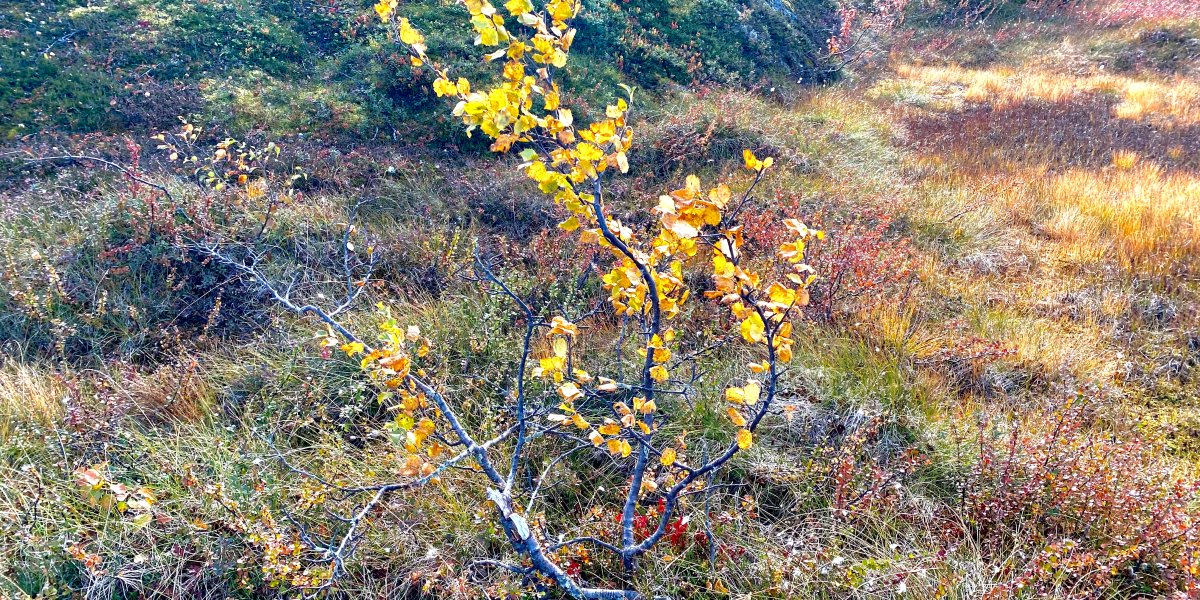Climate and society
In the Climate and society group, we do research on and for transformation processes towards a low-emission and climatically adapted society. In doing so, we analyze interactions between relevant processes and actors at different scales in order to produce high-quality research that is applicable for various societal actors.
Photo: Astrid Arnslett/CICERO
About the research group
About
By drawing on both qualitative and quantitative methods, we investigate how individuals, and different societal groups influence and respond to the combined effects of social, political and environmental changes.
While climate change is a global phenomenon, the transformation towards a low-emission and climatically adapted society must take place at the local scale. Research within the Local Solution group addresses how societal actors and groups can work together to develop place-based solutions to the climate problem.
Local social, economic and cultural conditions influence how different actors perceive climate change, and their capacities for adaptation and transformation. Many societal actors face a double challenge in meeting the demands to reduce their emissions and adapt to changing and uncertain weather patterns. Nature-based sectors such as agriculture and renewable energy production are particularly challenged, but also the housing and transport sectors must prepare to face more extreme weather events and other impacts of climate change. Municipalities, businesses, and citizens all have an active role to play in shaping societal development and transformation processes. However, actors’ capacities for change are shaped by a range of social factors, including national laws and regulations, market conditions, cultural norms such as gender roles and relations, and individual and collective beliefs and preferences. Through in-depth and comparative study of specific cases, we can analyze how large-scale processes, such as changes in climate, policies, markets and social structures interact with more specific, regional, sectoral, and local conditions for climate adaptation and transformation.
Our projects are typically interdisciplinary and include stakeholder partners who actively participate in the research process (KPN and IPN projects). Together, we co-produce relevant knowledge in order to find local solutions to the challenges of transformation. Through holistic analyses of social-ecological and social-technical systems, we look at how generic processes of change can have variable and highly place-specific consequences, as well as how various actors are differentiated in how they are affected by and respond to such changes.
We employ both qualitative and quantitative data, depending on our research questions, combining, for example, qualitative data from in-depth interviews and extensive ethnographic fieldworks with results from quantitative surveys and model-based calculations. Geographically, we focus on Norway, the Arctic, the EU, and a selection of developing countries in Asia and Africa.
